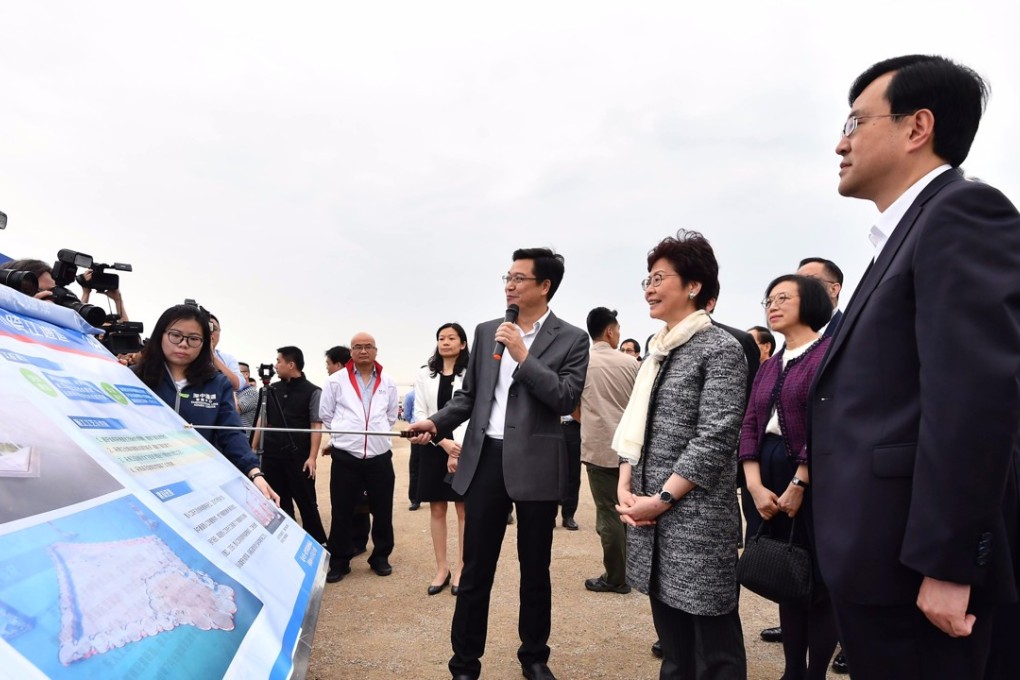EdTalk | Hong Kong could be Greater Bay Area’s education hub – with more SAR government help
HKSAR Government should take a more proactive role in facilitating deeper cross-border campus collaboration in research, knowledge transfer and innovation-centric entrepreneurship

Beijing’s call for more intercity cooperation in the Greater Bay Area (GBA) has prompted the Hong Kong Government to urge local universities and research institutions to collaborate more deeply with their mainland counterparts and industries.
International and comparative studies relating to the GBA economy and its development have clearly indicated how the success of such endeavours depends on whether the area’s strong cluster of universities can demonstrate leading and path-breaking research, innovation and technological advancements.
However, if the Hong Kong Government is really serious about capturing the development opportunities in the 11-city economic zone, then it should adopt a more proactive role in coordinating the city’s public and private universities to work with their mainland counterparts and research institutions in the development and positioning of the GBA as the “Education Hub of South China”.
Indeed, the very rapid and significant transformation of Hong Kong’s higher education over the past two decades has resulted in the two-tier system. Based upon international evaluations, the city’s eight publicly funded universities are becoming increasingly strong in research, and six of them have been recognised by different university league tables as being among the world’s Top 200. Compared to other GBA cities, Hong Kong performs comfortably well with a cluster of world-leading universities, matching those in global cities such as London, New York and Boston. Putting Hong Kong’s leading publicly funded research intensive universities into a regional context, the HKSAR could definitely maximise its research and innovation strengths to work with GBA-based universities and other institutions – and jointly establish a leading “education hub” in the East Asia and Greater China.
A recent report by China’s Ministry of Education has also described how major research-intensive universities with “double world-class status” are mainly concentrated in Beijing, Shanghai and Nanjing, leaving the Guangdong area with less “highly rated” institutions.
So, to maximise the strengths of Hong Kong universities in the future GBA, the HKSAR Government should take a more proactive role in the quest for regional education hub status by easing and steering deeper collaboration with other GBA-based universities for research, knowledge transfer and innovation-centric entrepreneurship.
